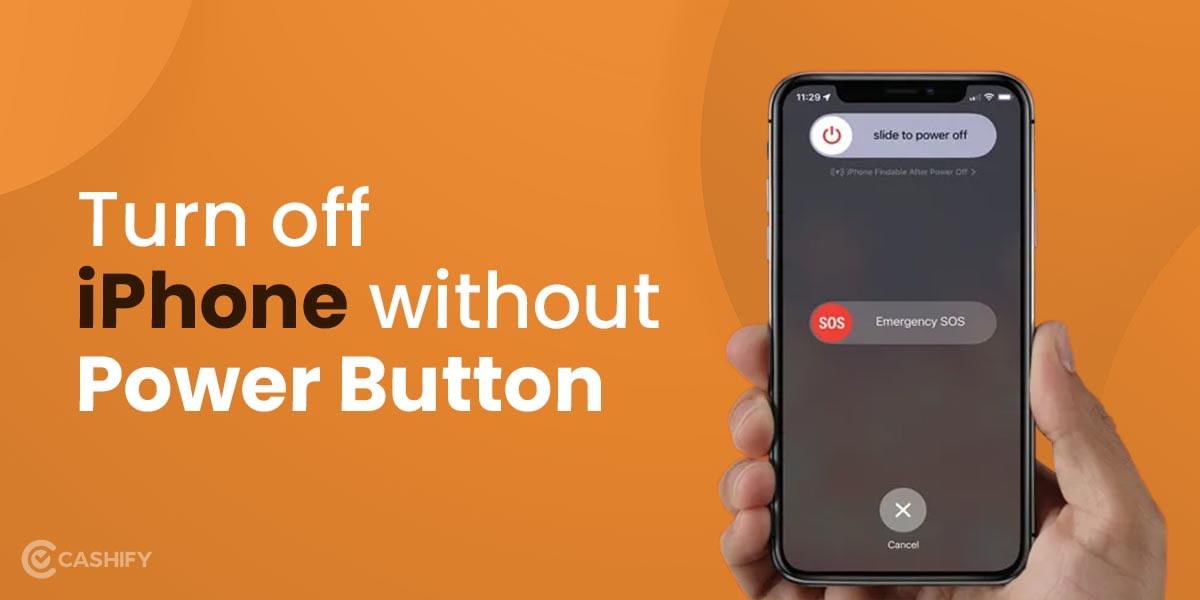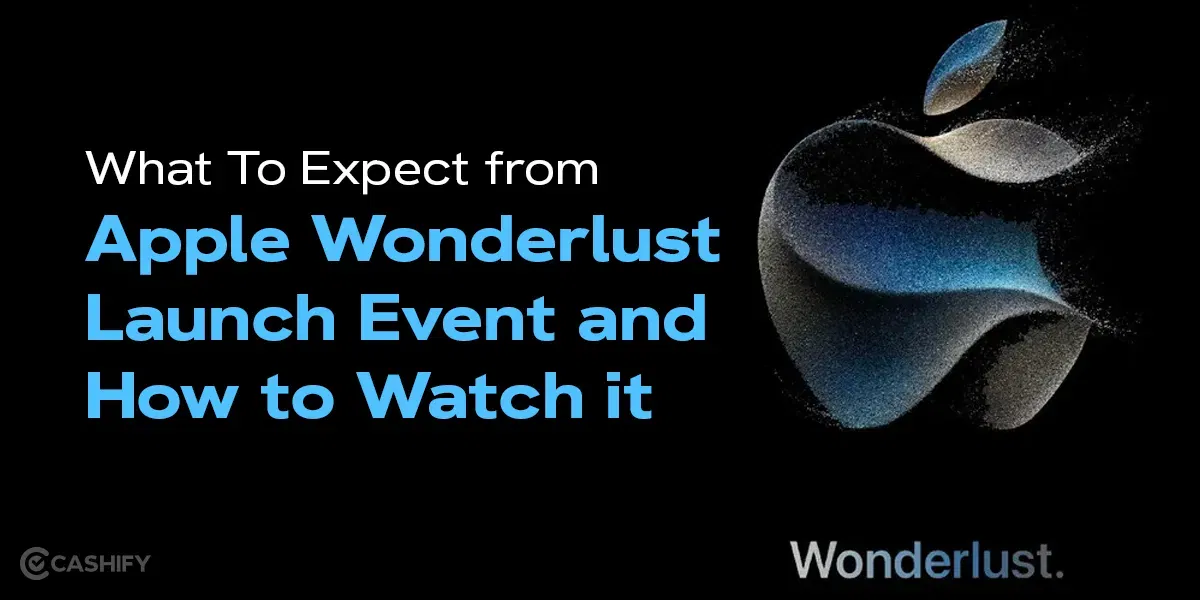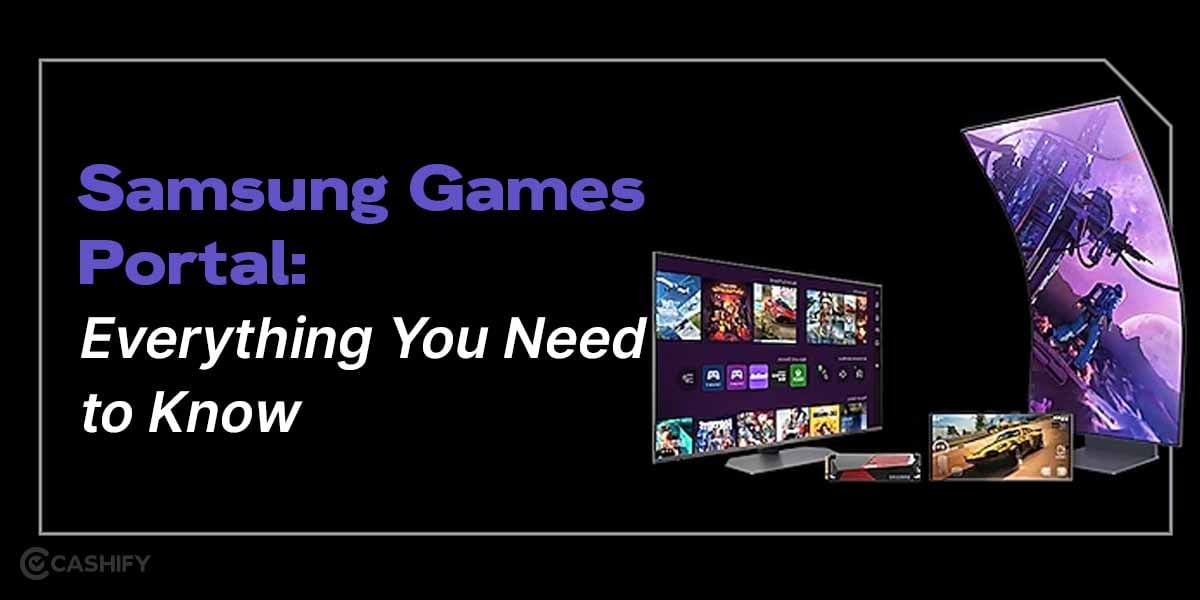Cloud storage has grown in popularity over the years due to convenience. You can access your files from anywhere, and sharing files, even large ones too large to attach to emails, is simple. If you don’t want to pay for cloud storage, plenty of free solutions are available: most well-known services offer a free tier (but not all).
The only difference between free cloud storage and expensive options is storage space: you’re not sacrificing security, speed, or features. Some services may show advertisements to help pay for free users, and you may encounter some feature limitations on occasion, although this isn’t frequently the case.
Also, keep in mind that not all cloud storage has end-to-end encryption, even if you pay for it. This adds an extra layer of security to your files while uploading. Still, unless you have sensitive material that must never fall into the wrong hands, almost any cloud storage service will suffice for personal use.
Also read: Spotify Premium Mod APK: How To Download & Install For Free!
What do you understand by cloud storage?
Cloud storage lets you keep data and files in a remote location that you can access via the internet or a dedicated private network connection. Data you send to a third-party cloud service for storage becomes their responsibility. The service provider hosts, secures, manages, and maintains the servers and other infrastructure, as well as ensures that you have access to the data whenever you need it.
Using cloud storage services, you may scale capacity as your data volumes grow or dial down capacity. Your company saves money by paying for storage technology and capacity as a service rather than investing in the capital expenditures of constructing and maintaining in-house storage networks when you store data in the cloud. You simply pay for the bandwidth you utilise. While your prices may rise over time due to larger data volumes, you don’t need to overprovision storage networks in advance.
Also read: 5 Best Random Password Generators: Protect Yourself From Prying Eyes!
Best places to store your media for free in the Cloud Storage
When you capture pictures and movies with your phone, the visuals are stored as data. People frequently acquire so much data that their phones, as well as their personal computers or laptops, run out of memory.
You can upload the data to a third party, who will then host it in the cloud using cloud storage.
The “cloud” is essentially a collection of data centres spread around the globe. Those data centres can store considerably more data than anyone could imagine storing locally.
Here are the best free cloud storage options and how much space you get from each for easy reference.
iCloud
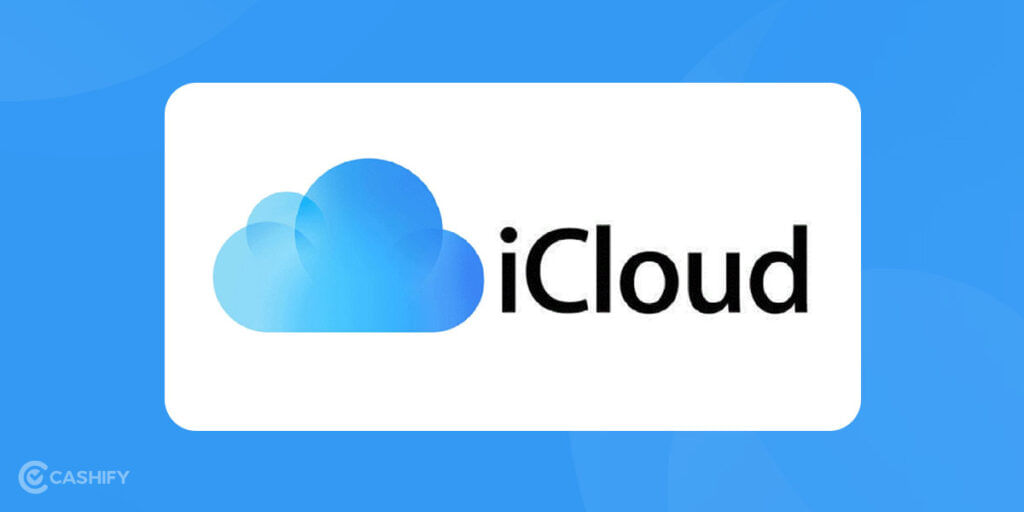
Apple’s cloud storage service, iCloud, is Apple-centric yet may be utilised on non-Apple devices. Of course, using it on an Apple device is preferable to using it on a Windows or Android smartphone.
If you own a Mac, iPhone, or iPad, iCloud is the apparent cloud storage option. Not only does iCloud offer automatic backups from your devices (both full system backups and files and photographs), but it also eliminates the need for a separate app: you can just browse, edit, and share your files using the standard Photos, Pages, and other apps.
The major disadvantage is that you only receive 5GB of free storage, which Apple has never increased. You’ll need to subscribe to a paid tier to obtain more, but the costs are affordable.
- Pros
- Availability of automatic backups
- Reasonable pricing
- Cons
- Only 5GB of free storage
Also read: 2048 Cube Winner Mod APK: Download And Install Guide!
Sync
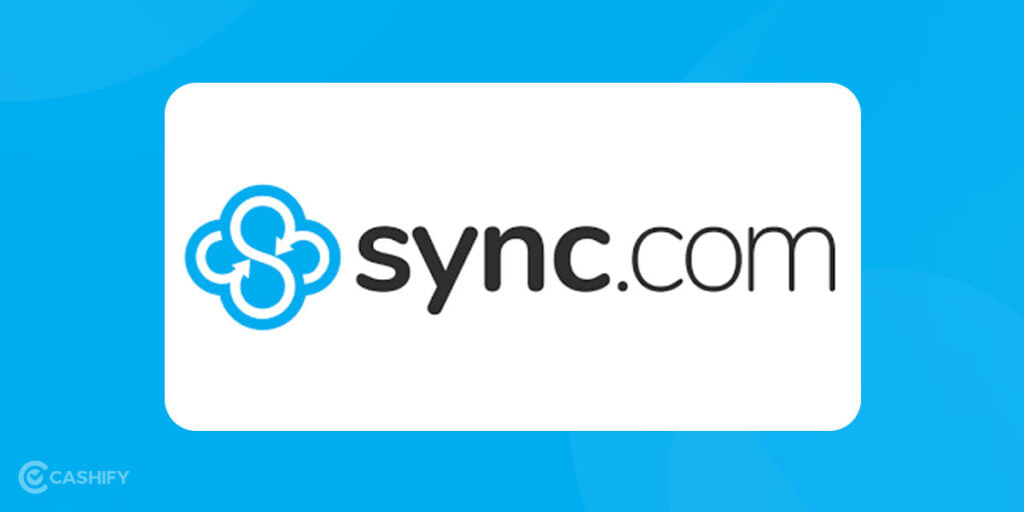
Sync is a cloud storage service based in Canada that caters primarily to businesses and enterprises. It does, however, include a free tier that gives you 5GB of storage capacity. It’s mainly for trying out the service, as are many other free tiers offered by different providers.
However, even on the free plan, you may use Microsoft Office and Slack, as well as collaborative tools. If you’re a consumer, it’s there.
End-to-end encryption, which protects your files from prying eyes, and automatic photo upload from Android and iPhone are other essential features. Of course, 5GB isn’t enough if you want cloud storage for your images (just ask any iPhone owner using iCloud).
The good news is that premium services are often less expensive than iCloud and Google Drive.
- Pros
- End-to-end encryption
- Collaboration tools
- Cons
- Only 5GB for free
Also read: How To Take Screenshot On Windows: The Ultimate Guide!
Mega
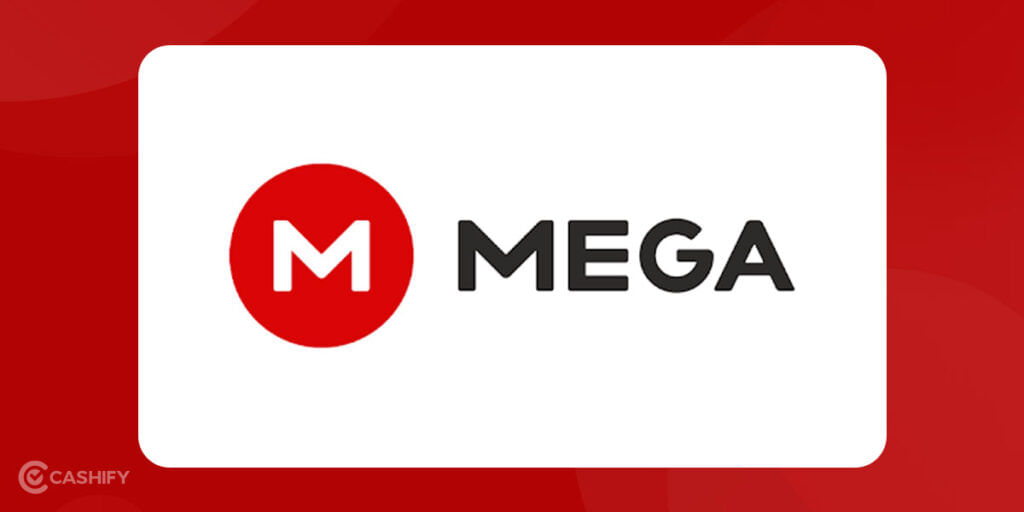
Mega is a cloud storage company located in New Zealand that is well known for giving away 50GB of storage for free. However, it was recently reduced to 15GB. However, by completing specific activities, such as referring friends, you can earn more storage (up to 50GB).
Mega’s most significant selling point is that it’s end-to-end encrypted, which is terrific news if you don’t want to pay for security. This means you won’t be able to reset your password if you forget it (and don’t have the recovery key from when you started the account). That’s an excellent illustration of the security vs convenience trade-off.
Mega’s main potential drawback is that free users may encounter bandwidth constraints (and thus be unable to upload or download files), but this is highly dependent on the network’s spare capacity. And we haven’t been harmed as a result of this, so it’s not a significant concern.
Mega has apps for various devices, making it very handy to use. It doesn’t have as much connection with other platforms as Google Drive, but that won’t deter most users, especially those looking for free online storage. You may also synchronise files on macOS, Windows, and Linux if you download the desktop app.
- Pros
- End-to-end encryption
- 15GB+ free storage
- Cons
- Limited bandwidth for free users
Also read: Stream Unlimited Music With The Best Spotify Alternatives
Google Drive
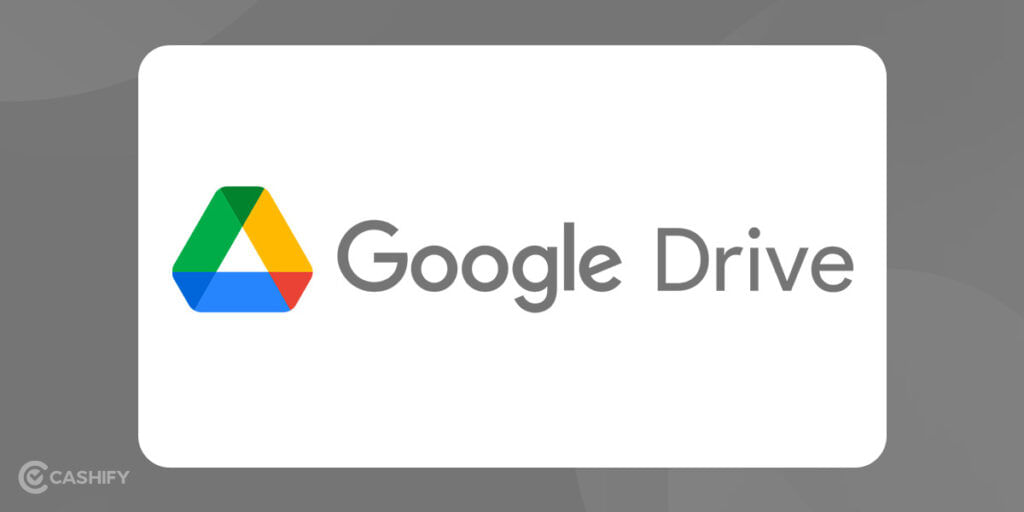
Google Drive provides 15GB of free storage to everyone with a Google account. Since it’s shared across services like Gmail and Photos, you may have already used up a lot of space and don’t have much room left for papers.
Most Android devices come pre-installed with Google Drive, but iOS users may download the app and start using it.
When you create a document, spreadsheet, or presentation in Google’s online office tools, Google Drive is the default storing location, but you can also store Microsoft Office documents there.
- Pros
- 15GB free cloud storage
- Deep integration with Google Docs
- Cons
- No end-to-end encryption
Also read: 5 Best Action Cameras: Capture The Thrill Of Adventure!
pCloud
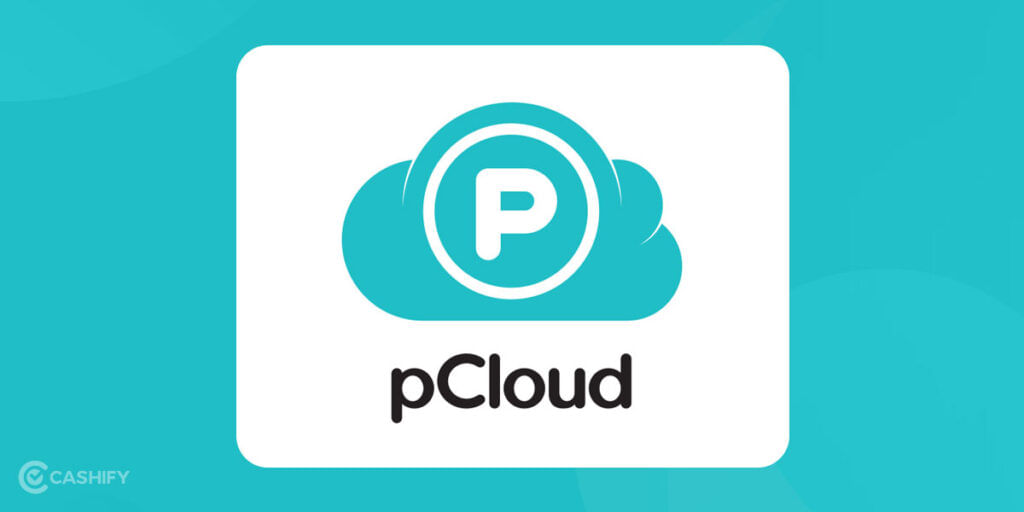
This free cloud storage service is a one-stop shop for all your media storage needs, with excellent security and superior playing options.
Some free cloud storage solutions provide a lot of capacity, but only for a limited time. Meanwhile, you have unlimited access to pCloud’s 10GB offer – no limitations, no hassles. To acquire the ftotal10GB, you’ll need to do a few additional tasks, such as referring other customers to pCloud. Otherwise, you’ll be stuck with a meagre 2GB.
This free cloud storage provider because it’s an all-rounder, providing plenty of free cloud storage, excellent security, and superior playing options for your media files.
- Pros
- 10GB of free cloud storage
- Good built-in multimedia playback
- Unlock extra storage with referrals
- Cons
- File encryption requires a paid subscription
Also read:





